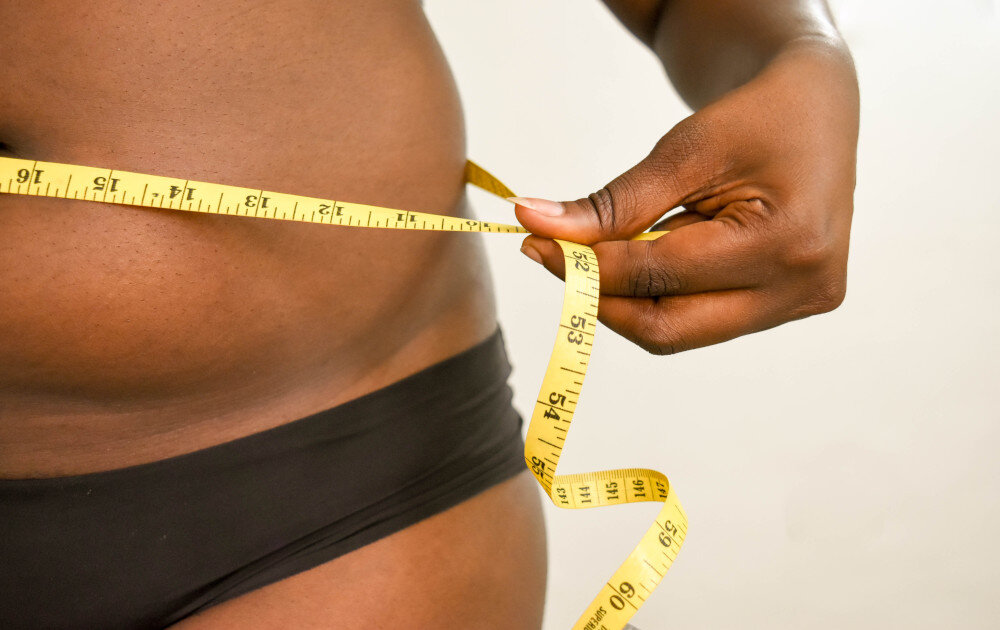
PCOS & Weight Gain
Battling to Lose that Weight? You Could be Insulin Resistant
Frowning in the mirror. Sighing even before you step on the scales. And that deep painful pang you get in the morning, where you just want the world to go away. Maybe you wish you could just crawl back in bed because you just can’t see yourself facing today.
Maybe you wonder what’s wrong with you. Maybe you feel all alone.
But here’s the thing. You might not be.
Hormones and Weight Gain
New research into a poorly understood hormonal condition that affects millions of women shows that there could be a link between stubborn weight gain, your metabolism and your ovarian health. Especially if weight problems are coupled with oily skin, acne, some excess hair growth or an irregular period.
Ever heard of PCOS? Polycystic Ovarian Syndrome (PCOS for short) is a poorly diagnosed ovarian health condition that doctors are only now beginning to understand. And new research into PCOS highlighted that excess weight gain might have less to do with exercise and the amount you’re eating and everything to do with your body’s ability to process your food.
It actually has more to do with how your body processes insulin.
What causes insulin resistance?
Insulin is the hormone your body uses to break down carbohydrates into sugar. Whenever there is glucose (sugar) in the blood, the pancreas responds by secreting insulin, which transfers the glucose into the cells where it’s used for energy. When blood sugar levels are constantly high, the pancreas keeps pumping out insulin to lower them. Eventually, fatigue sets in and the cells can no longer effectively absorb glucose. Now, both blood sugar and insulin are raised, and the problem is that insulin is a fat-storage hormone.
Insulin resistance can be a symptom of PCOS
PCOS is actually a metabolic syndrome that affects your ovarian health. It’s when your body struggles to process insulin, and the raised insulin levels in your body, in turn, trigger it to overproduce the male hormone androgen. (It’s quite natural for women to have androgens, in fact, it’s necessary for various endocrinal (glandular and hormonal) functions, but PCOS can lead to unusually high levels of bodily testosterone.)
This is called hyperandrogenism. And when you go and research it, you’ll see that the symptoms are: oily skin, excess hair growth and acne.
What many of us don’t know is that weight problems and irregular periods also go along with those symptoms in PCOS sufferers – and you might recognise these as some of the most common symptoms and complaints among women of all ages. It’s even linked to infertility (androgen “breaks down” the tissue in the ovaries) and Type2 diabetes (as a result of the insulin resistance).
Researchers think that 1 in 10 women might have PCOS.
What can I do about it?
For a start, if your weight problem is a constant battle, don’t keep blaming yourself. It could well be a sign of PCOS, especially if you are also struggling with infrequent periods, persistent acne and unusual hair growth. If it’s affecting your confidence and you often feel like you can’t face the world because of it, see a doctor and have a test done.
